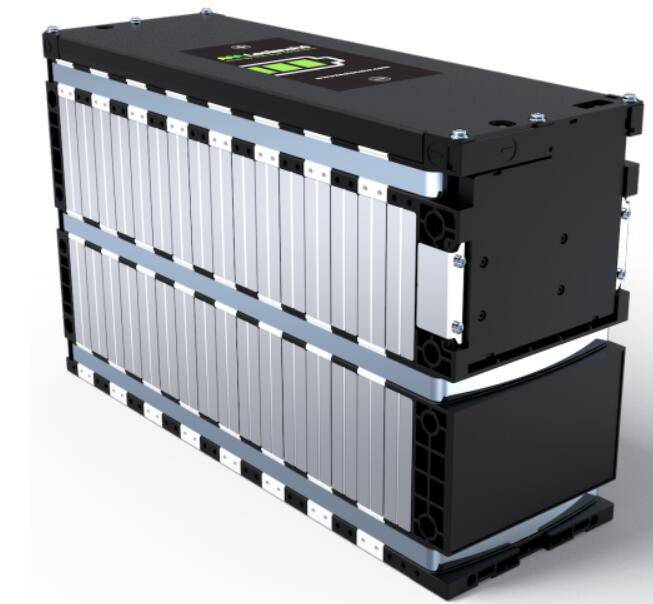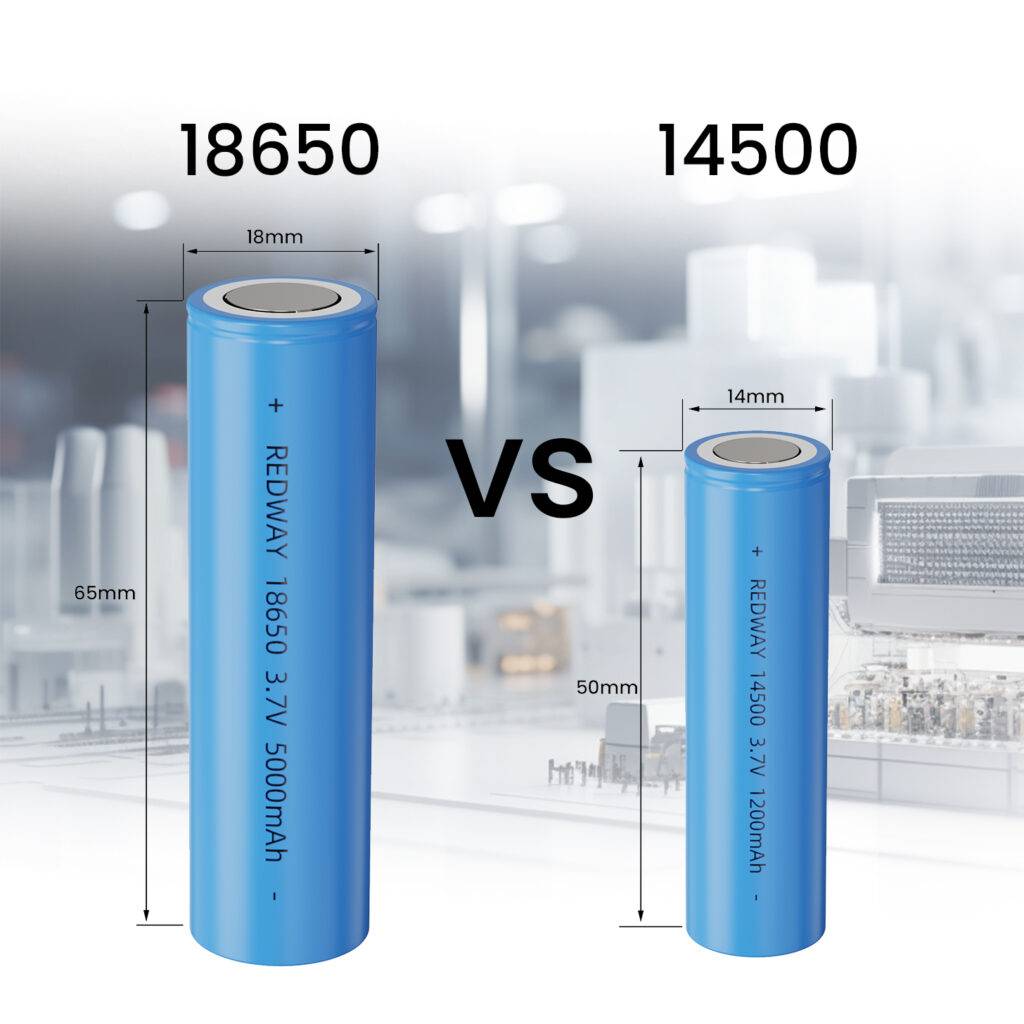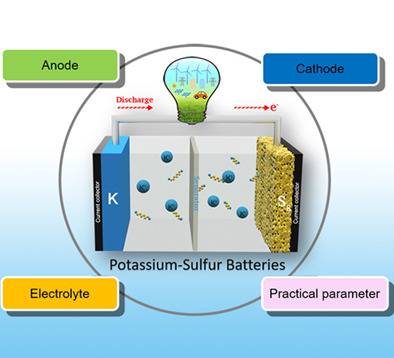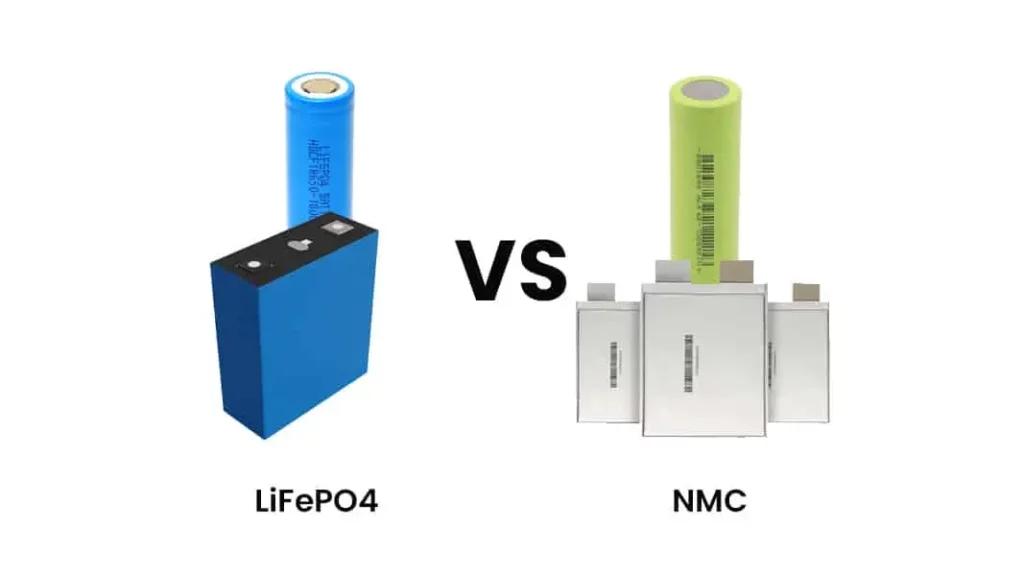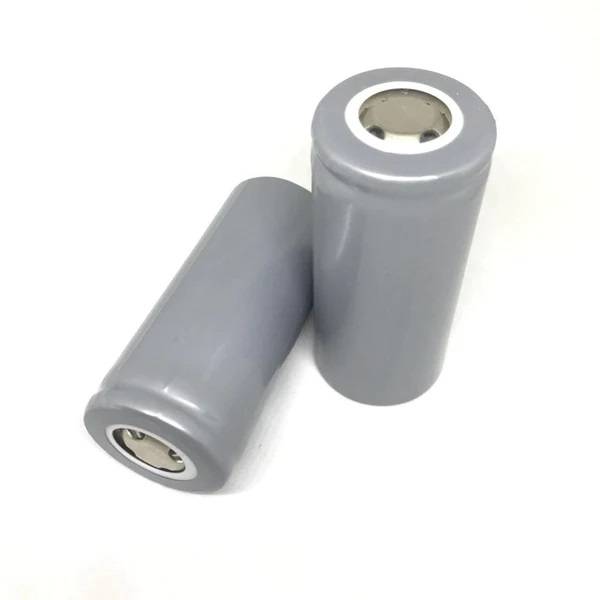With the rise of clean energy, scientists and engineers have been in pursuit of efficient, environmentally friendly energy storage technologies to meet the growing energy demands. Along the path toward sustainable energy, lithium-sulfur batteries are emerging as a highly anticipated energy storage solution.

The basic principle of lithium-sulfur batteries
Lithium-sulfur batteries are a type of battery technology based on the chemical reaction between lithium ions and sulfur. It involves the following basic steps:
Charging Phase
During charging, lithium ions move from the cathode (typically made of carbon material) to the anode (sulfur/sulfide material).
Chemical Reaction
At the anode, sulfur materials absorb lithium ions, forming lithium sulfide (Li2S), while simultaneously releasing electrons.
Electron Flow
The released electrons flow through an external circuit to power devices or systems.
Discharging Phase
During discharge, lithium ions migrate from the anode to the cathode, and a reverse chemical reaction occurs, restoring the sulfur material.
This battery chemical reaction provides high energy density, making lithium-sulfur batteries an ideal choice for energy storage solutions.
Advantages of Lithium-Sulfur Batteries
Lithium-sulfur batteries have several potential advantages that make them highly promising:
| Advantages | Explanation |
| High Energy Density | Lithium-sulfur batteries exhibit excellent energy density, allowing them to store more energy for use in electric vehicles and renewable energy systems |
| Low Cost | : The manufacturing cost of lithium-sulfur batteries is relatively lower, potentially reducing battery prices and driving the widespread adoption of renewable energy |
| Environmental Friendliness | Materials used in lithium-sulfur batteries often consist of environmentally friendly and non-toxic substances, reducing reliance on harmful chemicals |
| Recyclability: | Lithium-sulfur batteries have a longer cycle life, enabling multiple charge-discharge cycles and reducing resource wastage.
|
Application Fields
Lithium-sulfur batteries have wide-ranging applications in several fields, including:
| Application | Explanation |
| Electric Transport: | Serving as a power source for electric vehicles, lithium-sulfur batteries offer long-range capabilities and lower carbon emissions |
| Energy Storage | Used for storing renewable energy, these batteries help balance power supply, ensuring energy stability.
|
| Portable Devices: | Providing extended battery life for devices like smartphones, laptops, etc. |
| Space Applications | Widely utilized in space missions, the high energy density of lithium-sulfur batteries is crucial for space exploration.
|
Challenges and Prospects
“Despite the potential advantages of lithium-sulfur batteries, they also face some challenges, including:
| Challenges | Explanation |
| Cycle Life | Lithium-sulfur batteries may experience issues with cycle life after multiple charge-discharge cycles, requiring material and design improvements |
| Safety: | Sulfur materials in batteries might pose safety concerns, necessitating further research to ensure safety.
|
| Electrolytes: | : Finding more stable electrolytes to enhance battery performance is a crucial challenge.
|
However, scientists and engineers are actively addressing these issues to drive the development of lithium-sulfur battery technology.
Conclusion
Lithium-sulfur batteries represent a part of the future of energy storage, offering an efficient, environmentally friendly solution for storing energy. With ongoing research and innovation, we are poised to move towards a cleaner, more sustainable future. The emergence of lithium-sulfur batteries signifies the continuous evolution of energy storage technology, paving the way for our sustainable future. May the development of lithium-sulfur batteries serve as a significant catalyst in the field of clean energy, infusing our world with more clean energy.


